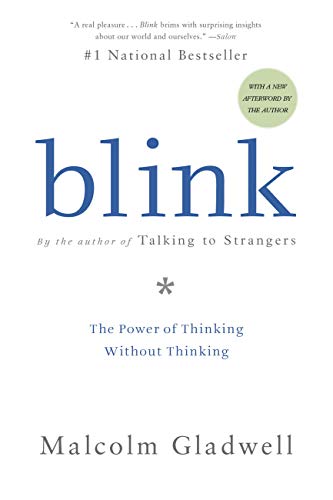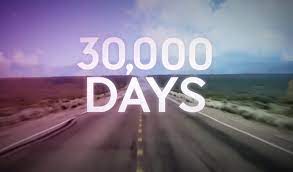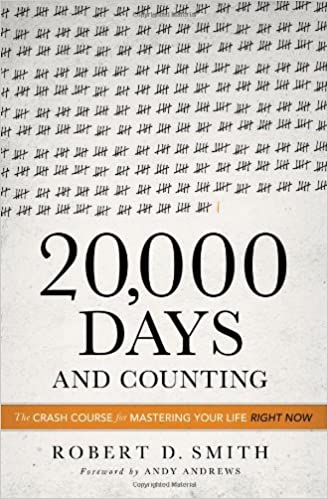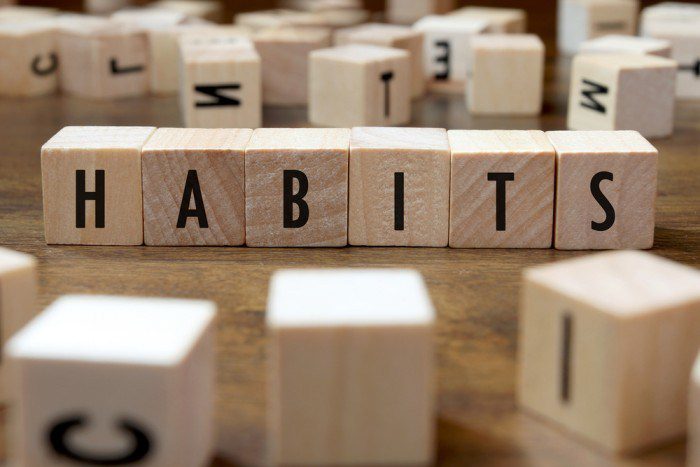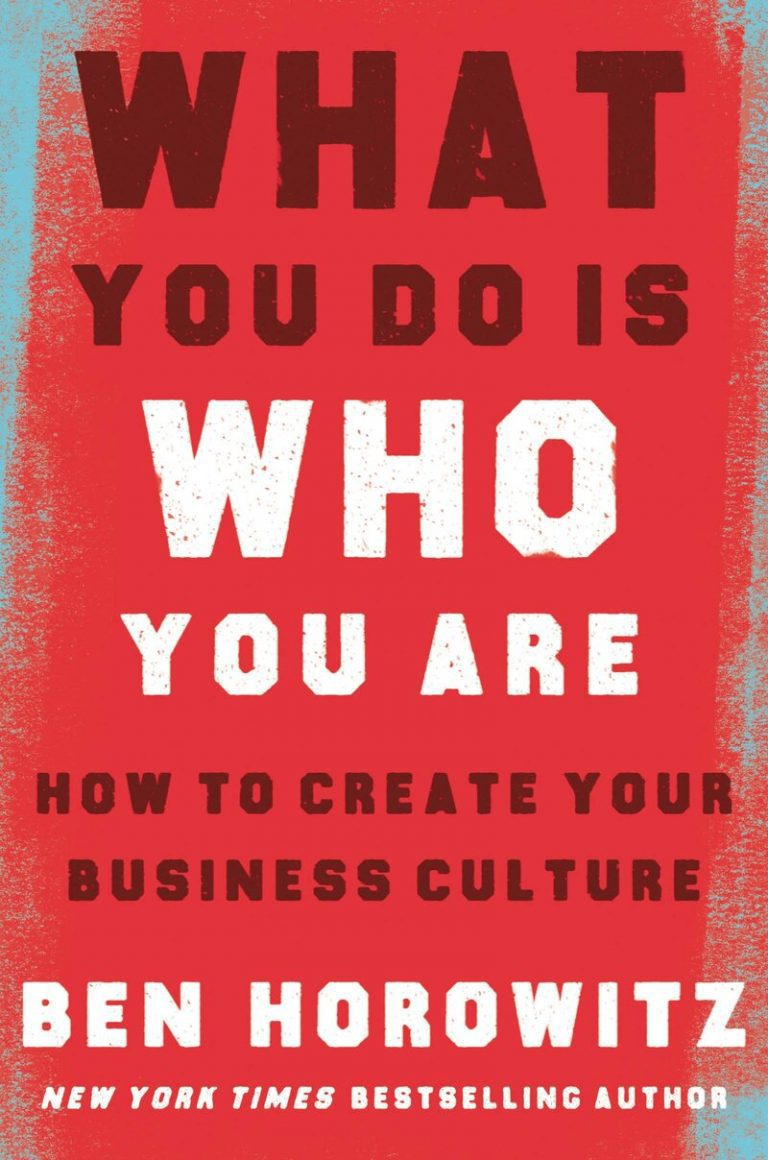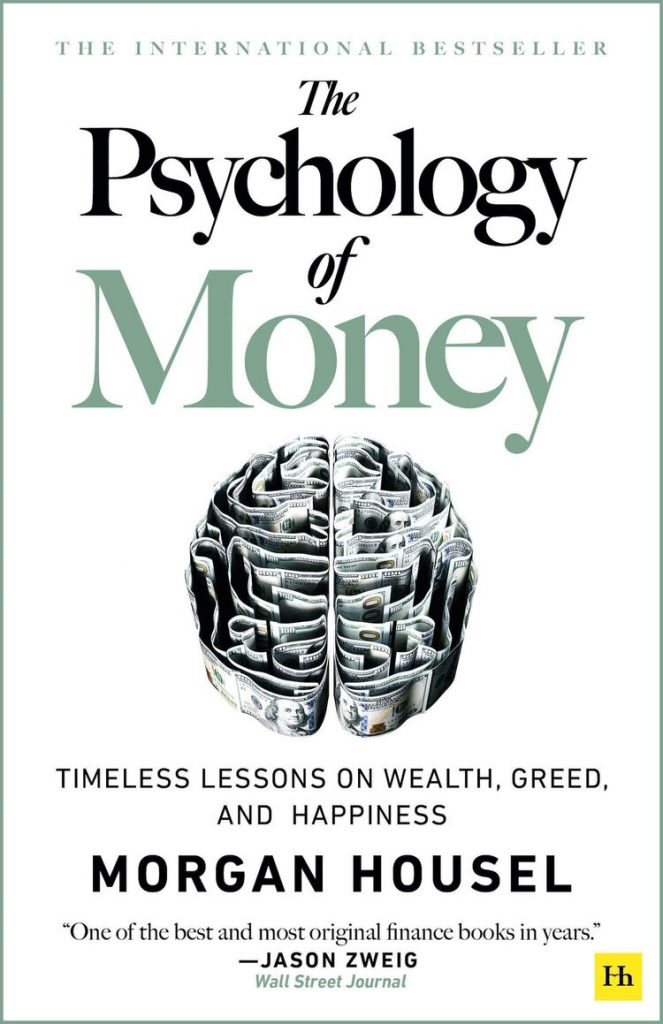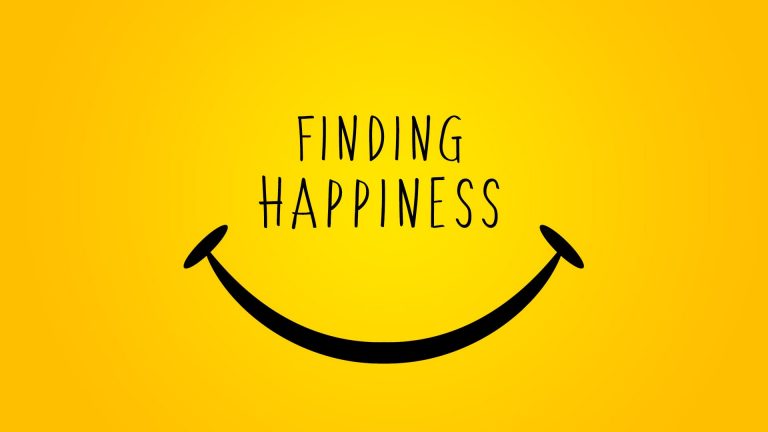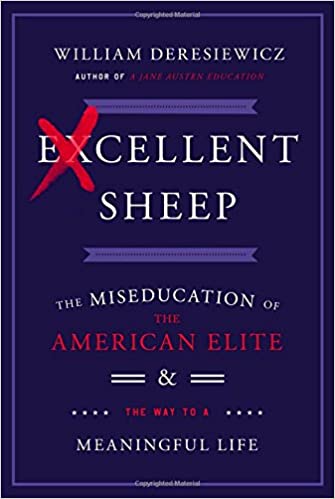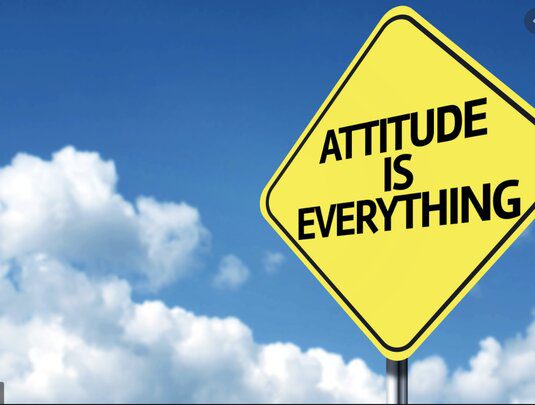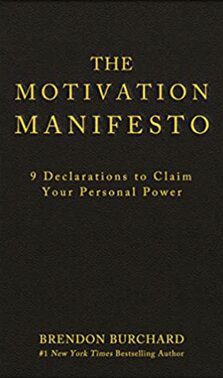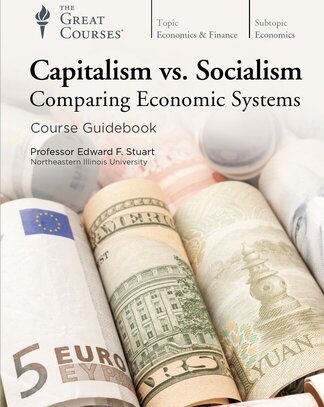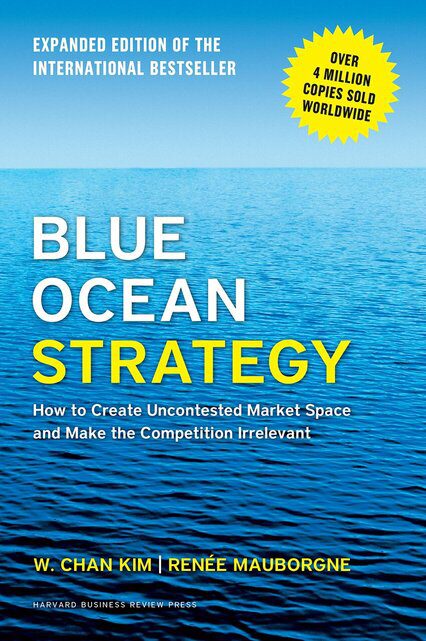Your attitude determines your altitude, how far you go in life is determined by your outlook in life. Attitude (noun): a settled way of thinking or feeling about someone or something, typically one that is reflected in a person’s behavior. The word Attitude is equal to 100, A + T + T + I + T + U + D + E (1 + 20 + 20 + 9 + 20 + 21 + 4 + 5 = 100%) Attitude is everything.
Author John C.Maxwell, in his book Today Matters writes:
A mother and her adult daughter were out shopping one day, trying to make the most of a big sale weekend before Christmas. As they went from store to store in the mall, the older woman complained about everything: the crowds, the poor quality of the merchandise, the prices, and her sore feet. After the mother experienced a particularly difficult interaction with a clerk in one department store, she turned to her daughter and said, “I’m never going back to that store again. Did you see that dirty look she gave me?
The daughter answered, “She didn’t give it to you, Mom. You had it when you went in!”
When we interact with others, our attitudes often set the tone for how we treat one another. Smile at people when you meet them, and they often smile back. Act combative, and they are likely to snap back at you. If you want to enjoy mostly pleasant interaction with people as you go through your day, treat others well. It works more often than not.
“Your attitude is a choice. If you desire to make your day a masterpiece, then you need to have a great attitude. If it’s not good now, you need to change it. Make the decision. ”
Here are some great quote on Attitude:
